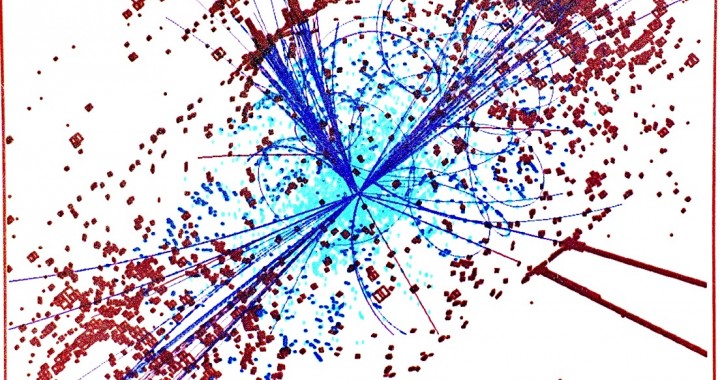 As I move into more authenticity in my relationships, I often notice and talk about the hard parts: the fear of rejection/abandonment, and the sadness of old, unprocessed loss. However, an unexpected benefit on this journey has been a shift in values, from pinning my worth on other people’s acceptance of me, to assessing myself on the basis of my own internal congruence: How complete have I been? How fully have I represented myself? Have I left anything unsaid? Have I been kind, and in accord with my principles?
As I move into more authenticity in my relationships, I often notice and talk about the hard parts: the fear of rejection/abandonment, and the sadness of old, unprocessed loss. However, an unexpected benefit on this journey has been a shift in values, from pinning my worth on other people’s acceptance of me, to assessing myself on the basis of my own internal congruence: How complete have I been? How fully have I represented myself? Have I left anything unsaid? Have I been kind, and in accord with my principles?
From the perspective of a person who derives their worth from others’ acceptance (as most of us do when we’re just starting this journey), authenticity is a tremendously risky proposition. Rejection, or abandonment, equates to worthlessness. And of course, if we are simply authentic, simply ourselves, sometimes we will be abandoned!
However, as the sense of self worth shifts from being derived externally to being derived internally, the risk associated with authenticity, and abandonment, diminishes. It’s a virtuous cycle:
Continue reading→




 I’ve been thinking a lot lately about the different ways people relate to the explorations of their lives. Certain
I’ve been thinking a lot lately about the different ways people relate to the explorations of their lives. Certain 
 There is nothing wrong with the part of you that feels sad, scared, or alone. There is nothing wrong with the part of you that doesn’t understand. There is nothing wrong with the part of you that desires things or people. There is nothing wrong with the part of you that wants to run from others, even when what you need most is to connect.
There is nothing wrong with the part of you that feels sad, scared, or alone. There is nothing wrong with the part of you that doesn’t understand. There is nothing wrong with the part of you that desires things or people. There is nothing wrong with the part of you that wants to run from others, even when what you need most is to connect. 
 I was doing forgiveness practice this morning, and an old, important memory from childhood arose. It was an uncomfortable exchange in which I felt scared and sad—one of tens of thousands of early experiences (good and bad) which mix together to form the overall sense of self and world that underlies an adult personality.
I was doing forgiveness practice this morning, and an old, important memory from childhood arose. It was an uncomfortable exchange in which I felt scared and sad—one of tens of thousands of early experiences (good and bad) which mix together to form the overall sense of self and world that underlies an adult personality.
 As I move into more authenticity in my relationships, I often notice and talk about the hard parts: the fear of rejection/abandonment, and the sadness of old, unprocessed loss. However, an unexpected benefit on this journey has been a shift in values, from pinning my worth on other people’s acceptance of me, to assessing myself on the basis of my own internal congruence: How complete have I been? How fully have I represented myself? Have I left anything unsaid? Have I been kind, and in accord with my principles?
As I move into more authenticity in my relationships, I often notice and talk about the hard parts: the fear of rejection/abandonment, and the sadness of old, unprocessed loss. However, an unexpected benefit on this journey has been a shift in values, from pinning my worth on other people’s acceptance of me, to assessing myself on the basis of my own internal congruence: How complete have I been? How fully have I represented myself? Have I left anything unsaid? Have I been kind, and in accord with my principles?